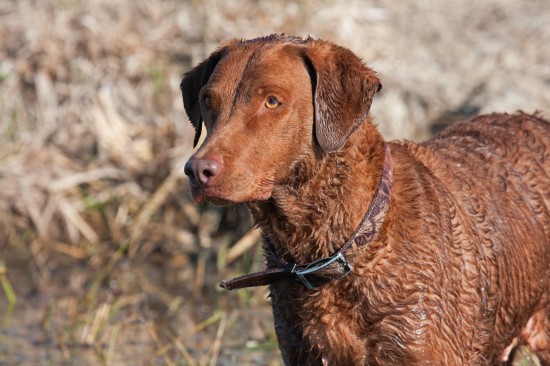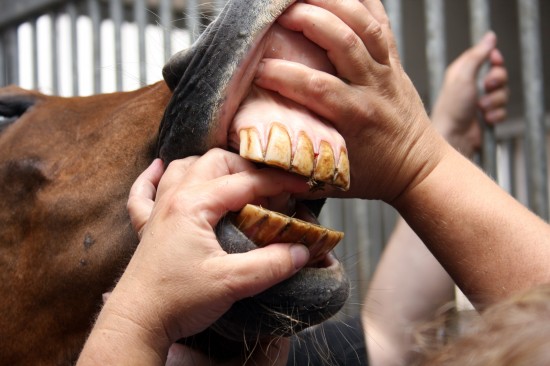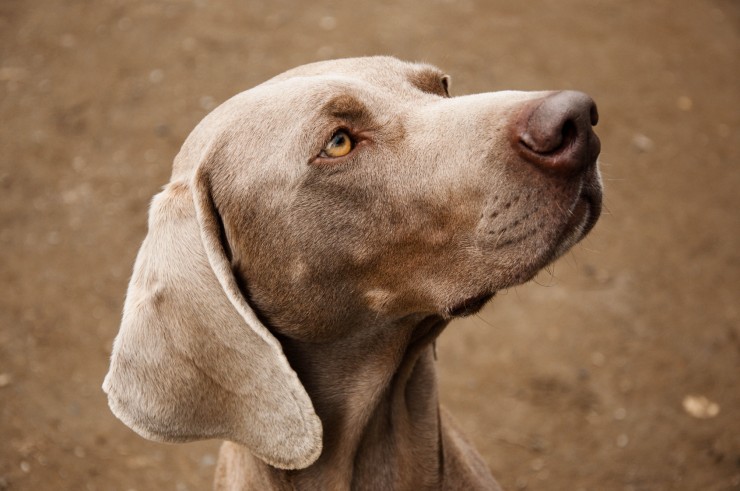Depending on your level of experience with dogs you may have questions about why your dog is displaying problem behaviors. It's very easy to react inappropriately to common problem behaviors such as chewing, biting, barking and other undesirable things your dog may do. You might have no experience with dogs and are looking into getting your first one, or maybe you already have a dog that has began exhibiting these kind of problems. The first step in fixing or avoiding common dog behavior problems is to understand them fully. In order to get to the bottom of these problems, you're going to want to educate yourself about obedience training.
Learn more at: www.puppy-training-advice.com/dog-behavior-problems
1. Excessive barking
Just about all dogs will make noise of some sort, barking, whining and howling are frequently used to communicate in canine society. But if they continue to bark or whine more than is necessary, that can soon become a major annoyance to you and your guests and neighbors. You really do need to figure out why your dog is barking to begin with before you can correct the problem.
Then you can take steps to correct the barking. The first rule of training is to be consistent and very patient when working on a problem. One way to address this problem is to teach your dog to speak. Ultimately you need to stick with the training and provide your dog with positive reinforcement.
Destroying Furniture, Shoes and Other Possessions
You must understand that dogs are designed to chew, it's naturally part of their makeup. This natural behavior can quickly run out of control though when your dog doesn't know what to chew and what not to chew.
By providing your dog with things that it's okay to chew on you can provide positive reinforcement. By removing things you don't want to get chewed from your dog's environment you can reduce the chances of a relapse. It can be really helpful to keep your dog confined to a crate or specific area of the house where he will be less apt to ruin something when you are not home. If you do happen upon your dog when he is chewing on an inappropriate object, stop him immediately by making a sharp sound. Once you have its attention take away the thing it's chewing on and provide a safe chew toy. If your make sure your dog is getting a lot of exercise, you war well on your way to fixing this and a lot of other major behavior issues.
Digging Up The yard
Under the right conditions most dogs will do some digging. It's instinctual. The backgrounds of certain breeds, terriers for example, are more likely cause them to be diggers.
You may find it quite unnerving if your dog is digging holes all over your yard. If you can find a reason for your dog's digging, try to get rid of whatever it is that's causing the problem. Sometimes simply providing your dog with more exercise and engaging it in fun, instructive activities like training can have a positive effect. If you feel that digging is something that your dog will not do without, it's a good idea to give her a place where it's alright to dig, like a kid's sandbox.
4. Separation Anxiety Behaviours
This is easily one of the most frequently talked about canine behavior problems. Behaviours associated with the anxiety can be unsuitable defecation and urination, chewing or other types of damaging activity, and barking and whining.
If your dog really suffers from separation anxiety it will tale a lot of commitment to training, behavior modification exercises and work at desensitization to solve the problems. If your dog's anxiety is too severe you may even need to get medication from your vet.
5. Unsuitable Defecation and Urination
Improper elimination is perhaps the most annoying of the dog behaviour problems. Such problems can make your dog an unwelcome guest in other people's homes, in public and can cause damage to your own home. Check first with your dog's veterinarian to be sure there isn't some physical condition causing this problem.
Puppies under twelve weeks old will of course not be able to control their elimination. With full grown dogs though you may need to look into behavior modification and other training techniques as this is a very difficult behavior to correct once it has been learned.

 Luxurious life for canines at dog daycare Toronto
Luxurious life for canines at dog daycare Toronto
Luxurious life for canines at dog daycare Toronto
Luxurious life for canines at dog daycare Toronto
 Ten Spring Cleaning Tips For Dog Owners
Ten Spring Cleani
Ten Spring Cleaning Tips For Dog Owners
Ten Spring Cleani
 Traits And Temperament Of The Chesapeake Bay Retriever
Traits And Temper
Traits And Temperament Of The Chesapeake Bay Retriever
Traits And Temper
 The Equine Dentist - Why Do I Need A Dentist For My Horse?
The Equine Dentis
The Equine Dentist - Why Do I Need A Dentist For My Horse?
The Equine Dentis
 Urinary Incontinence And Oestrogen Levels In Bitches
Urinary Incontine
Urinary Incontinence And Oestrogen Levels In Bitches
Urinary Incontine